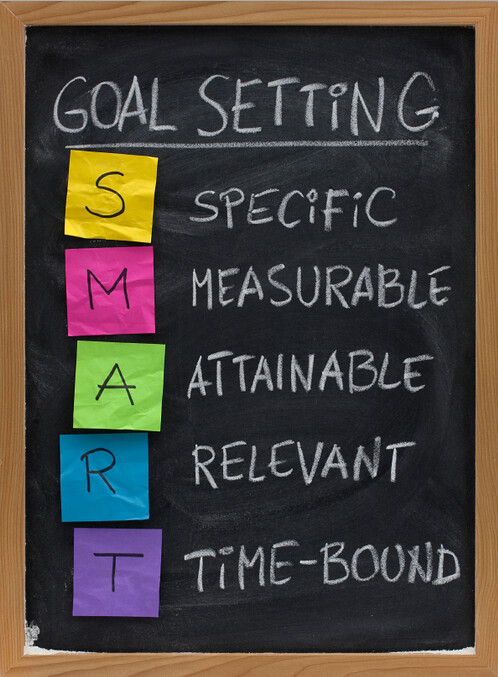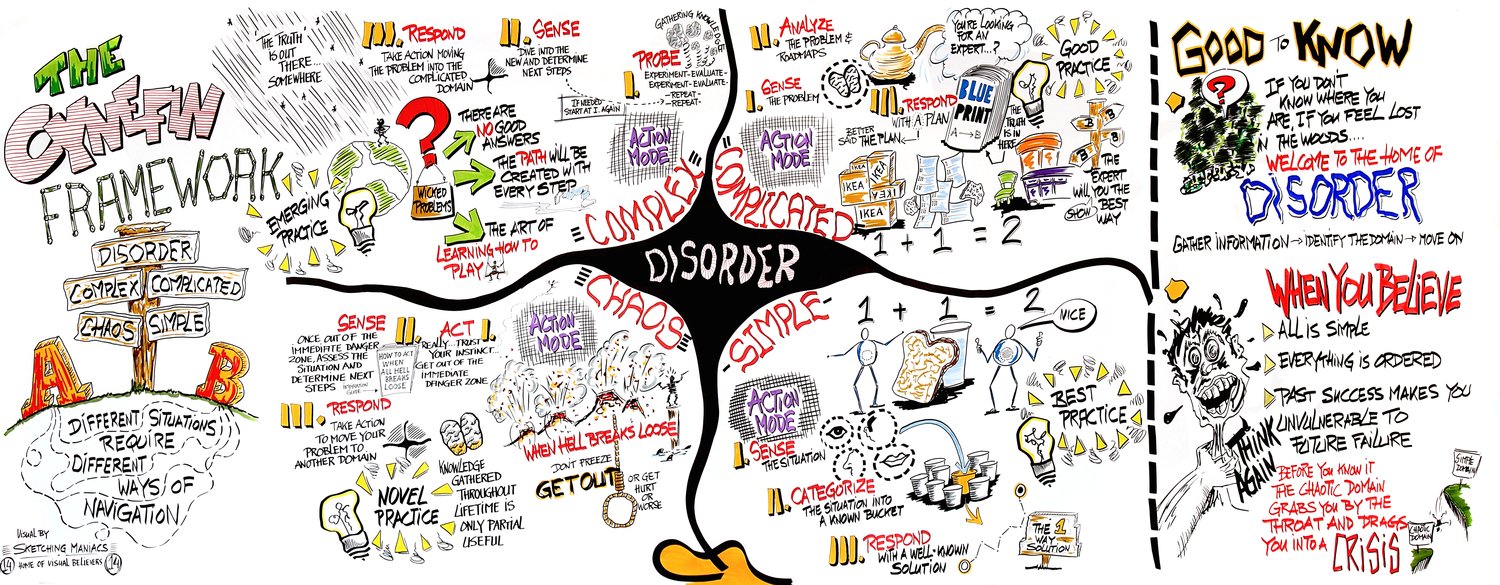My first teaching job was in a very poor socio-economic area in England. You can read more about the school during the time I worked there in The Guardian article that was written at the time. However, just to help you set the scene, the article talks about the the small stature of the children at the school: "One of the most striking things about the children is their stature. Many of them – the boys in particular – seem small for their age, and underweight. It's something other visitors, and even Ofsted, have commented on, Black tells me, and it is undoubtedly down to poor nutrition." It also talks about "the disproportionate number of looked-after children", the school has large numbers of students in foster care. I remember my first day (first day ever as a teacher by myself in the classroom) where a year eleven student picked up another much smaller one and shook him by the collar with a look off pure rage on his face. I later learnt that the angry boy was a refugee who had experienced his own father's execution. The young man he was shaking had insulted his mother. The article talks about this too, saying "An increasing number of pupils, particularly Afghan boys, are arriving at the school illiterate in their own language. "We have children arriving with no teeth, with horrific injuries sustained on their journeys to the UK. They often suffer emotional difficulties as a result."
From here, I continued on to New Zealand schools. The schools that I have worked at in New Zealand were considered to be of high socio-economic status (decile ten). Yet, the issues that I saw in my school in England, plagued these schools too. In all the schools, there have been hoards of disengaged students. Often, because there was no connection between what they are supposed to learn in school, and what is often a brutal fight for survival outside of school. There are kids everywhere dealing with abusive situations as a result of the adults in their lives. Those are just the parents and family situations. It does not even begin to talk about the adults in schools. Just recently in the news there have again been articles of teachers having inappropriate relationships and sexually abusing students. And then, we haven't even talked about the adults who stood by and did not speak up...
The above are more extreme situations of the adults in children's' lives, in my opinion, failing the children they should be taking care of. As an adult, leaving an abusive relationship can be extremely difficult. Years of abuse often leads people to feel too disempowered to break out of their difficult situation. What then of the children with no knowledge of how the world works, not old enough to get a job, etc? It frustrates, angers and terrifies me that so many of the students who are in abusive situations, are both emotionally and physically stuck.
Often, for students who are unhappy, stuck, being emotionally and physically abused, we do not intervene until things are really bad. When a story breaks in the paper, we ask about why more wasn't done? Why didn't anyone notice? Why didn't anyone do anything? I know I have asked those questions many times. Increasingly though, I have realised that to some extent, almost all of us are guilty of propagating the culture that leads to the situations above. I better explain...
Reading Keri Facer's Learning Futures book, this particular section really struck me:
"New stories were told about childhood as a time of vulnerability, a time of innocence, a time of a new generational contract dependence. And reciprocally, these stories about childhood also produced particular stories about adulthood as a time of labour, of secure identity and of expertise. In this story, adulthood became the ‘end point’ to which childhood aspired. The institutions and the narratives of childhood therefore became mutually reinforcing. Such a model of adult–child relations brings risks to children – their rights can be overlooked as they are seen as less than fully formed humans; but also benefits – children are invested in, protected, cared for." - Page 30I have increasingly noticed in schools situations that may be interpreted as the embodiment of children being treated as "less than fully formed humans". And I worry that I am guilty of them all...
- There are and have been many students that have been unhappy with their relationship with a particular teacher. It may be as as simple as they feel that the teacher does not help them when they ask. It may be as complex as they feel that the teacher picks on them. They may dislike the way the teacher teaches. When the student speaks up about this, we often expect them to just tough it out. We ask them how they are to blame for the situation. How often do we automatically side with the teacher? If this is our reflex, then how often do we continue to feed into a culture where students who speak up with concerns that may well be very serious, are not heard? And to what extent might we be contributing to a culture in this way where the we blame the victims?
- When talking about what students should learn at school, we assume that we, the adults, with all our worldly experience, degrees and other qualifications know what is best for the student to learn. We say things like "you don't know what you don't know" and use this as an excuse to make students learn subjects that they do not show interest in. For this one, it is easy to say 'yes, but...' and you could make some great arguments. The problem remains that as adults we often assume that we know what is best for the students and then act accordingly. However, by assuming, concluding, inferring, whatever you want to call it that we know best, are we again proliferating the attitude that adult's have more say, more opinion, and that their opinions matter more? I do not question that as an adult, we often have powerful experiences and knowledge that our students do not have. The question however, is whether when we engage with our students in those situations, do we approach them as equals with different perspectives and knowledge, or, do we inadvertently suggest that our opinions, perspectives and knowledge matters more? How different would these conversations be if students were automatically treated as equals, rather than the less informed party?
- How often have teachers yelled at students but will lose their marbles if a student yells at them? This is holding the students to a different standard, saying that what applies for the adults does not apply for the students. We do not always hold children and adults to the same standards. How might we contributing to a culture of prioritising the adult's rights over that of the child's in this situation?
 |
| source |
An Auckland high school recently informed some of their female students that their skirts were too short. The news website reports that a "female teacher explained their skirts were a distraction for both boy students and that the school needed to create a good work environment for male teachers." I wonder, what kind of message does this send? Female sexuality is not okay but males sexuality is? Is this promoting a culture of "slut shaming"? Or even worse, rape culture with the all too familiar phrase "she was asking for it"? It isn't too much of stretch of the imagination to see how the males and females are not held to an equal standard here. In fact, pop star Ariana Grande recently made the news for calling out a fan on exactly this sort of behaviour.
The teacher who explained that the skirts were a distraction for the boys, the adults who abuse children, the teachers who are not held to the same standard as the students... They all have a common thread for me - power imbalance. When we are charged with the care of someone, how often do we act from a position of power rather than care? How often does the way we communicate suggest that the opinions, views or feelings of others are more important, simply because they are adult/male/female/the boss/the teacher? When we are dealing with diversity, how often do we act in such a way to establish power rather than understanding, even as we pay lip service to equality and equity?
I wonder why adults make so many decisions for students, even when they are able to think for themselves far better than the adults? I wonder why ill informed, corrupt, ignorant adults can vote, but thoughtful, empathetic seventeen year olds can not? I wonder why sexuality is a public debate? I wonder why we still have racism, sexism and all the other isms... And I wonder how we inadvertently promote racism, sexism, ageism, elitism without even realising it?
Where there is an age difference, culture difference, gender difference, it seems that we are still struggling to really treat 'other' as 'equal'... It seems to me that more often than not, we treat difference as a power struggle, rather than a collaboration. Perhaps, if we got better at engaging with diversity, with difference, we might get better at dealing with the abuse and inequality in society? Perhaps the real question is why it is that we still struggle with diversity so much?
 |
| source |
The teacher who explained that the skirts were a distraction for the boys, the adults who abuse children, the teachers who are not held to the same standard as the students... They all have a common thread for me - power imbalance. When we are charged with the care of someone, how often do we act from a position of power rather than care? How often does the way we communicate suggest that the opinions, views or feelings of others are more important, simply because they are adult/male/female/the boss/the teacher? When we are dealing with diversity, how often do we act in such a way to establish power rather than understanding, even as we pay lip service to equality and equity?
I wonder why adults make so many decisions for students, even when they are able to think for themselves far better than the adults? I wonder why ill informed, corrupt, ignorant adults can vote, but thoughtful, empathetic seventeen year olds can not? I wonder why sexuality is a public debate? I wonder why we still have racism, sexism and all the other isms... And I wonder how we inadvertently promote racism, sexism, ageism, elitism without even realising it?
Where there is an age difference, culture difference, gender difference, it seems that we are still struggling to really treat 'other' as 'equal'... It seems to me that more often than not, we treat difference as a power struggle, rather than a collaboration. Perhaps, if we got better at engaging with diversity, with difference, we might get better at dealing with the abuse and inequality in society? Perhaps the real question is why it is that we still struggle with diversity so much?










